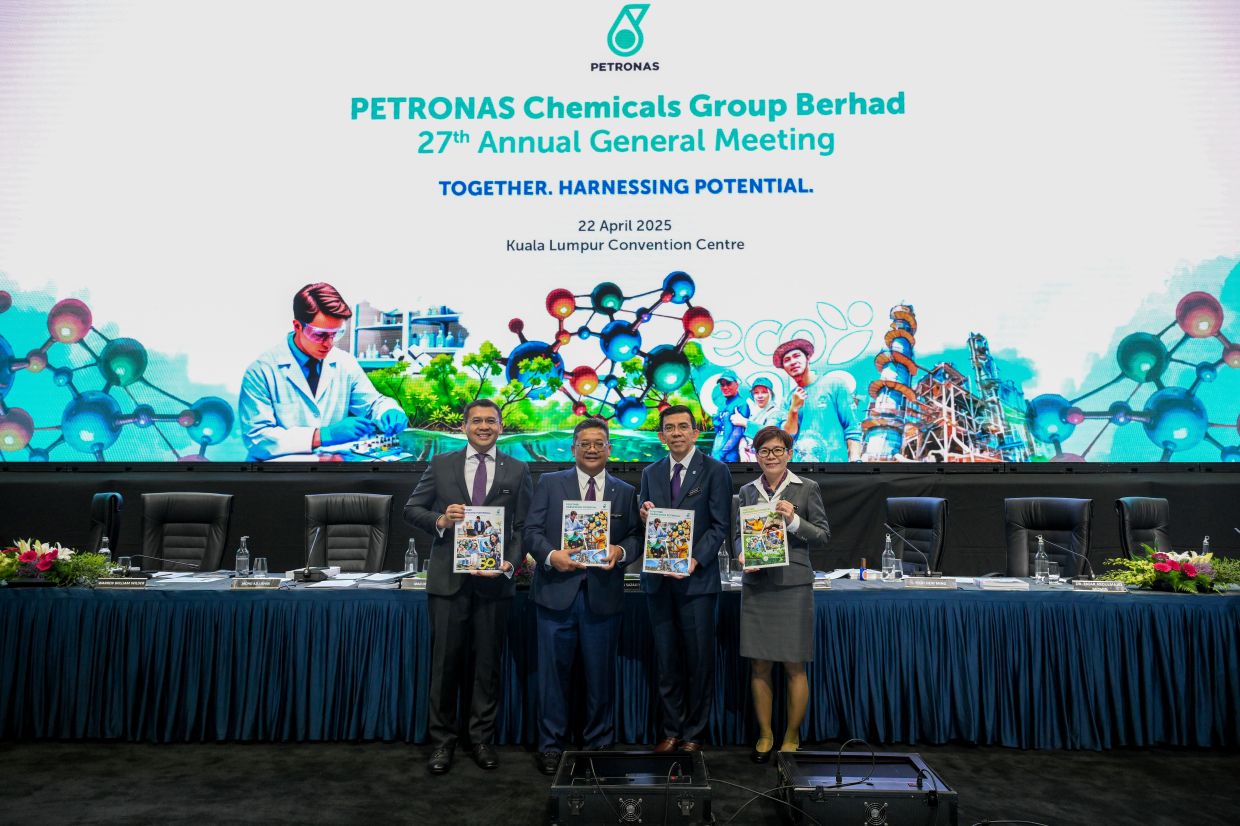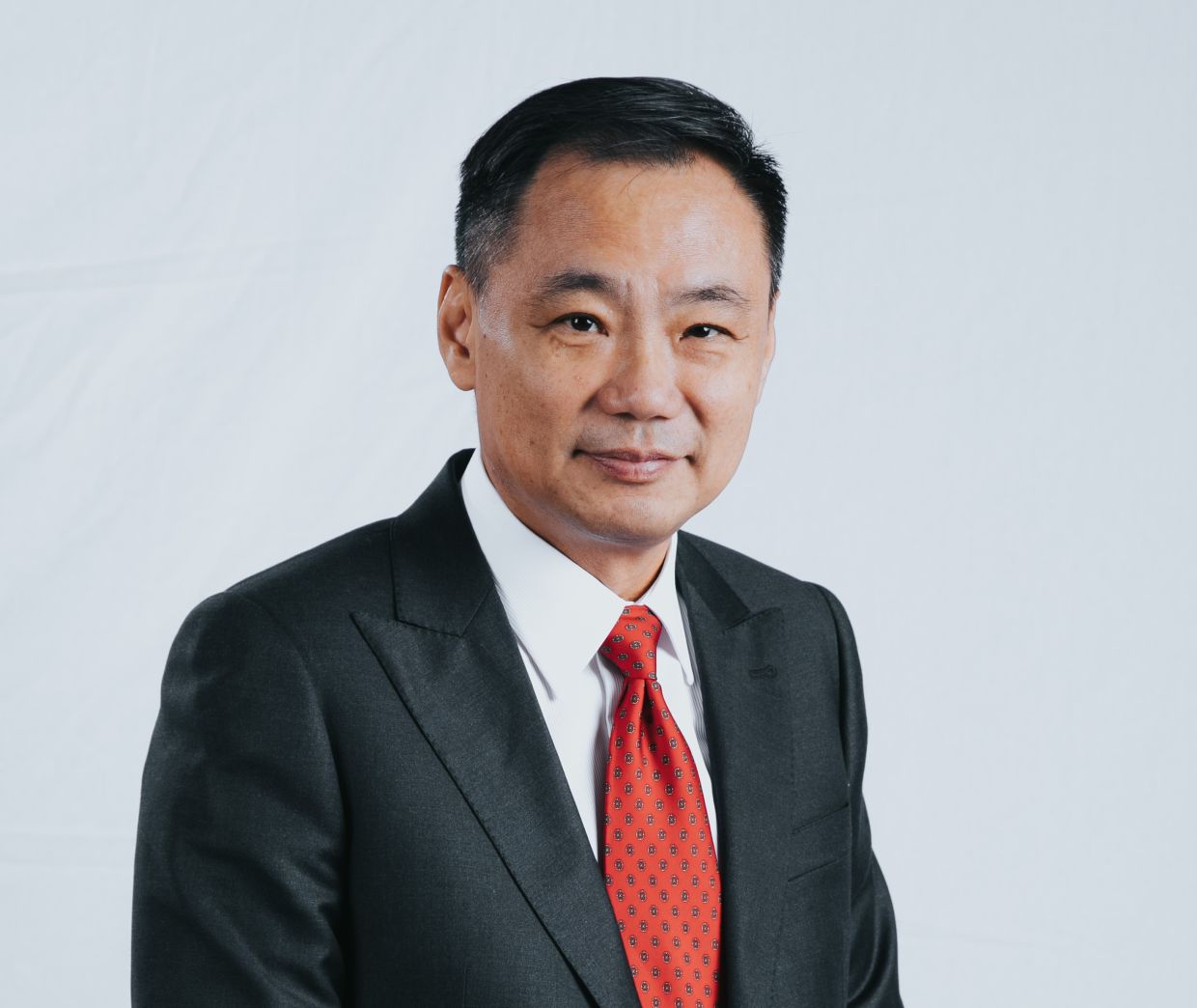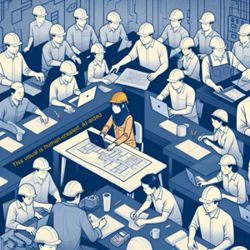
KUALA LUMPUR: DRB-Hicom Bhd is focusing on digital transformation across multiple sectors, including banking and postal services, to improve operational efficiency.
is focusing on digital transformation across multiple sectors, including banking and postal services, to improve operational efficiency.
For other sectors, including aerospace and defence, services, and properties, the conglomerate stated that it remained committed to strengthening business resilience and ensuring long-term stability.
“The group maintains a satisfactory outlook for the financial year ending Dec 31, 2024,” DRB-Hicom said in a statement.
In the third quarter ended Sept 30, DRB-Hicom posted a net loss of RM5.3mil compared with a net profit of RM70.8mil in the same quarter last year.
Revenue, however, climbed to RM4.13 bil, compared to RM4 bil. The group posted a loss per share of 0.27 sen for the quarter, compared with earnings per share of 3.66 sen.
“This revenue growth reflects the group’s resilience and ability to adapt to evolving market conditions, driven by contributions from its core sectors despite ongoing challenges,” DRB-Hicom said.
During the quarter under review, the automotive and postal sectors experienced a decline in revenue. The automotive sector faced reduced vehicle sales volume due to intensified competition in the local car market.
Meanwhile, its postal sector’s revenue decreased mainly due to a decline in international business and bulk mail volume within the mail business segment, driven by lower cross-border volumes amidst an industry-wide slowdown.
In the first nine months, it posted a net profit of RM69.2mil, down 67.4% from RM212.4mil while revenue rose 1.2% to RM12.2bil against RM12.08bil a year ago.
“As Proton builds momentum with improved sales performance in the third quarter, the company is set to debut Malaysia’s first electric vehicle (EV), known as Proton e.MAS 7.
“This SUV model equipped with advanced technology and sustainable features, marks a significant milestone toward Malaysia’s green mobility aspirations,” DRB-Hicom said.
“This new addition is set to further elevate Proton's market presence, while reinforcing the group’s commitment towards sustainable innovation.”










































